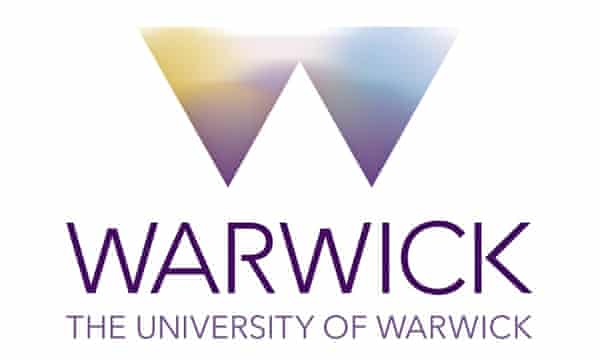University of Warwick: Three major UK utility providers form new partnership with the National Digital Twin programme in critical step toward resilient infrastructure
The National Digital Twin programme (NDTp) is pleased to announce a first of its kind collaboration agreement with three major UK utility providers; Anglian Water, BT and UK Power Networks to work together on a Climate Resilience Demonstrator (CReDo).
This exciting collaboration between owners of infrastructure assets, researchers and innovators will apply the UK’s state of the art capabilities in systems engineering, digital asset management and modelling to the climate crisis to plan a more resilient built environment, keeping us all safer in the face of flooding and extreme weather.
Delivered through the government funded NDTp, CReDo will develop, for the first time in the UK, a digital twin across energy, water and telecoms networks to provide a practical example of how connected data can improve climate adaptation and resilience.
The CReDo project looks specifically at the impact of flooding caused by climate change on energy, water and telecoms networks. It demonstrates how those who own and operate them can use secure information sharing, across sector boundaries, to mitigate the effect of flooding on network performance and ensure reliable service delivery to customers.
Collaborating on CReDo are Anglian Water, BT and UK Power Networks, who will use their asset and operations combined with environmental data to inform an increased level of infrastructure resilience.
The project will be delivered through a collaboration of research centres and industry partners; The Universities of Cambridge, Edinburgh, Exeter, Newcastle and Warwick will work alongside the Hartree Centre, DAFNI, Science and Technology Facilities Council, CMCL Innovations, the Joint Centre for Excellence in Environmental Intelligence and Mott MacDonald. It is funded by UK Research and Innovation (UKRI), the Connected Places Catapult and the University of Cambridge.
Using an Information Management Framework (IMF) approach, which is being developed through the NDTp, CReDO will enable the partners to share data across a secure platform. CReDo will demonstrate the capability of the IMF approach to connect digital twins in a principled, scalable way to inform decision making in capital and operational planning, reducing the cost and disruptive impact of extreme weather events and increasing resilience. This collaborative project will demonstrate the potential of a National Digital Twin to deliver beneficial outcomes for people and the planet.
Professor Jim Smith, from the Department of Statistics at the University of Warwick comments:
“As the world digitalises so must our plans for resilience to extreme weather, the CReDo project means we can use data to make models to plan for a safer future should extreme weather disrupt our usual environment.
“To collaborate with Anglian Water, BT and UK Power Networks is incredibly exciting, as we can use the latest real world data to make models for the future in case of a crisis, and protect our environment for future generations.”
CReDo project lead and author of the landmark report “Data for the Public Good”, Sarah Hayes, says:
“We are really excited for what we can deliver through CReDo: demonstration that connected digital twins can enable increased climate resilience and that collaboration across a team that spans industry, academia and government forms the pieces of the puzzle that unlock solutions to reaching net zero.”
The NDTp and partners are excited to launch CReDo with a webinar for COP26 on 2nd November, 10:30-12. Join the panel of technical experts, asset owners and climate specialists to learn about the project and participate in the launch of a short film by BAFTA winning director Colin O’Toole, produced by Crocodile Media in partnership with Little Monk Pictures, and an interactive tool developed by ESRI UK in partnership with Mott MacDonald showing how connected digital twins create infrastructure resilience and are on the road to net zero.

